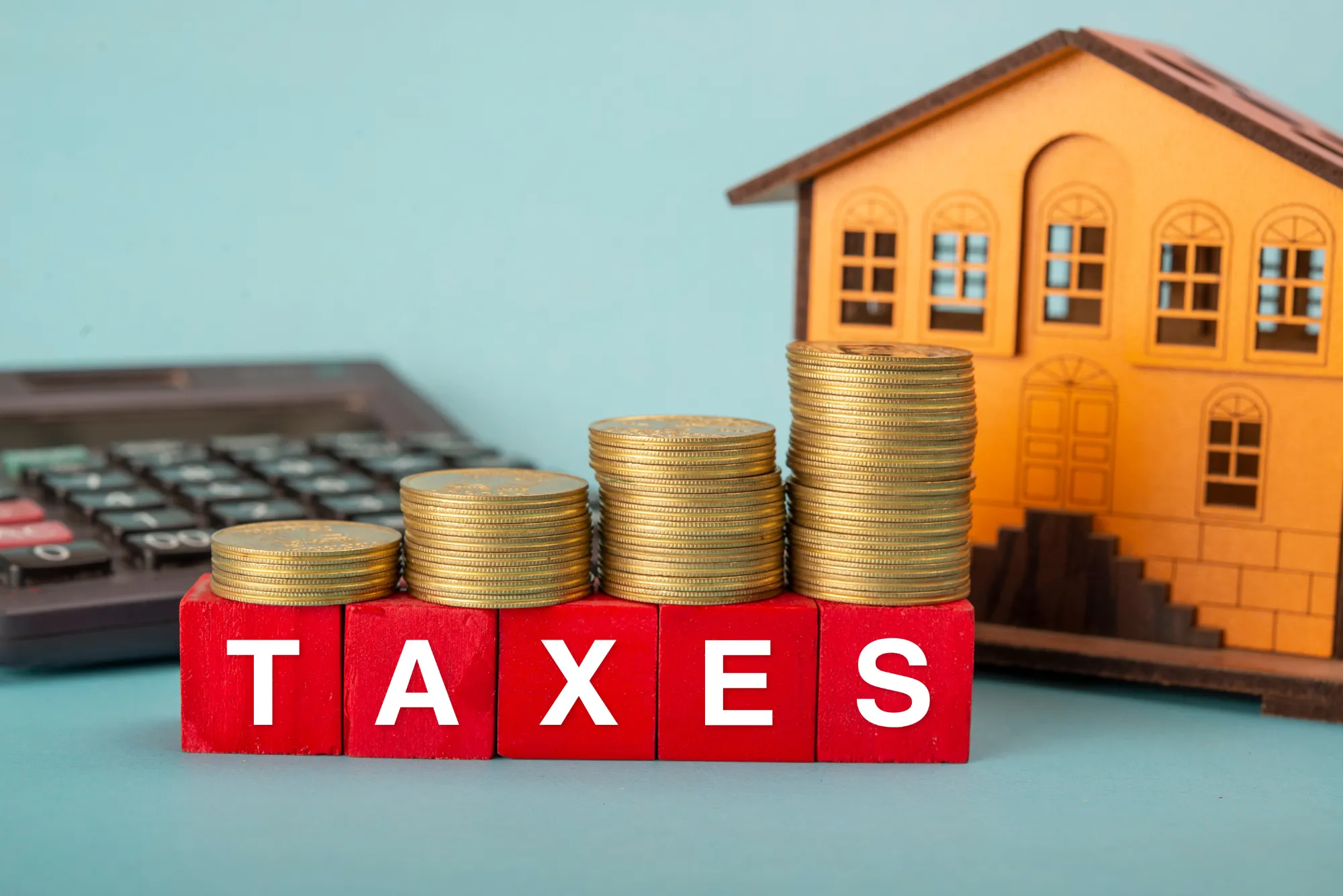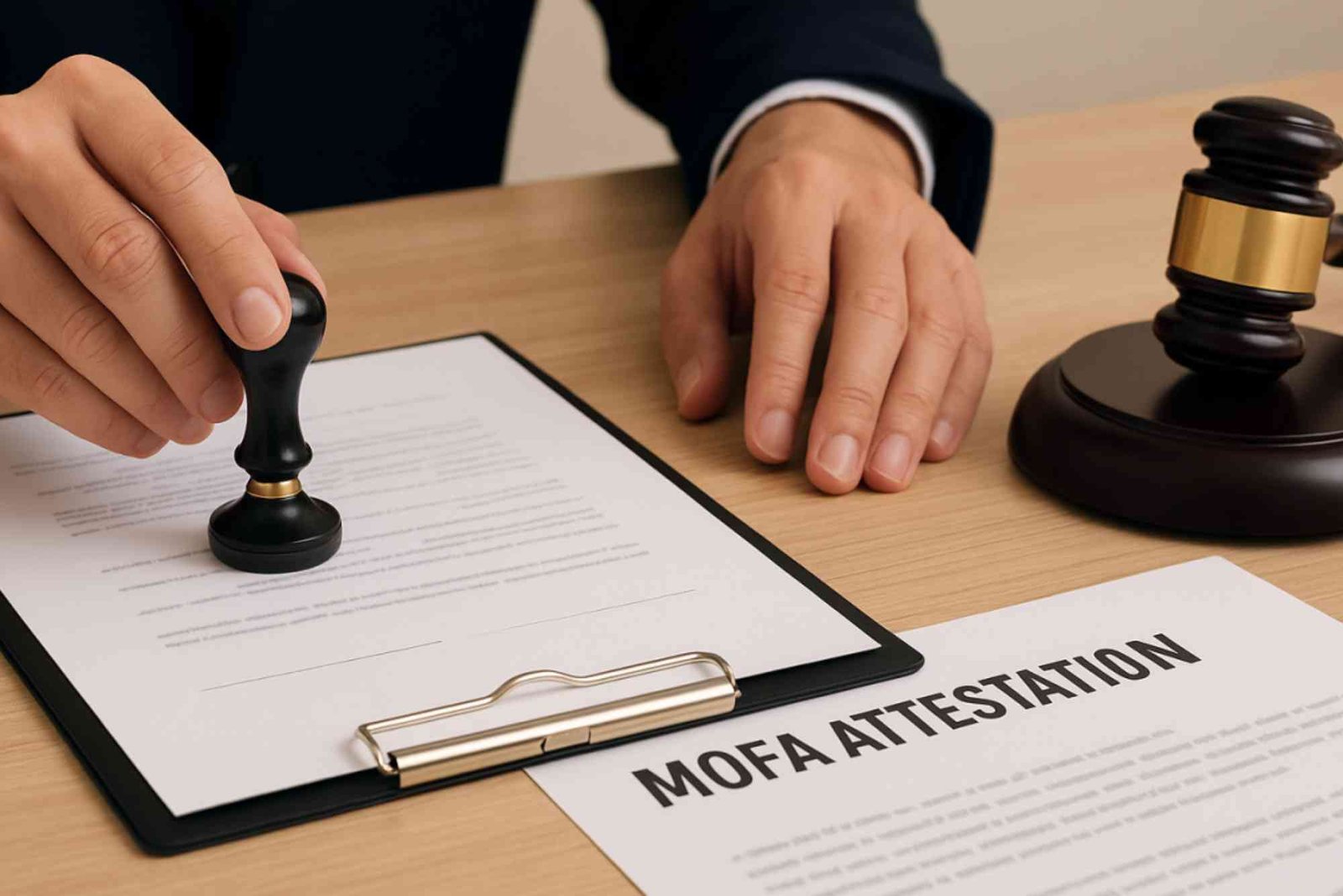Investing in property can be a lucrative way to build wealth, but it comes with unique tax implications. Investment properties, whether they are rental homes, commercial buildings, or vacation properties, are treated differently from primary residences when it comes to taxes. Understanding these differences is crucial for managing your finances and ensuring that you’re compliant with tax laws.
In this article, we’ll explore how investment property taxes differ from taxes on primary residences, the tax advantages and responsibilities of owning investment property, and how financial tools like the fab bank credit card and the emirates nbd personal loan can help you manage the costs and finances associated with your investment property.
Investment Property Taxes vs. Primary Residence Taxes
1. Tax Deductions for Investment Property
The tax benefits of owning an investment property differ significantly from those associated with a primary residence. One of the major tax advantages of owning an investment property is the ability to deduct certain expenses, which can significantly reduce the taxable income you earn from the property. Some of the common deductions include:
- Mortgage Interest: As with your primary residence, you can deduct mortgage interest on your investment property. However, you may be subject to different rules regarding the amount you can deduct, particularly if you own multiple properties.
- Depreciation: Depreciation allows you to deduct a portion of the property’s value over time. This is a unique tax advantage for investment properties, as it helps offset rental income by recognizing the property’s gradual loss of value due to wear and tear.
- Property Management and Maintenance: Expenses related to the management, maintenance, and upkeep of the property are tax-deductible. This includes property management fees, repairs, insurance, and utilities.
However, unlike primary residences, which benefit from exemptions like the capital gains tax exclusion, investment properties do not receive these same tax breaks, particularly when you sell the property.
Taxation of Profits from Selling Investment Property
When you sell an investment property, the profits are subject to capital gains tax (CGT), which is typically higher than the tax on a primary residence. The amount of CGT you owe depends on several factors, including:
- Short-Term vs. Long-Term Capital Gains: If you’ve owned the property for more than a year, you’ll be taxed at the long-term capital gains rate, which is generally lower than the short-term rate. If you sell the property within a year of purchasing it, any profit will be taxed as short-term capital gains.
- Depreciation Recapture: If you’ve taken depreciation deductions on your investment property, the IRS requires you to pay back some of those deductions when you sell. This is known as depreciation recapture, and it can significantly increase your tax liability upon sale.
How to Manage Investment Property Taxes
1. Use Tax Advantages to Your Benefit
One of the main benefits of owning investment properties is the ability to deduct certain expenses from your taxable income. Be sure to keep accurate records of all your expenses related to the property, including maintenance, management fees, and improvements. These deductions can help reduce your taxable income and lower your overall tax burden.
2. Consider Property Tax Strategies
In some cases, property taxes can be a significant expense for property owners. Different areas have different property tax rates, so it’s important to research the tax rates in your investment property’s location. Additionally, there are ways to reduce your property tax burden, such as appealing your property’s assessed value if you believe it’s too high.
3. Plan for Capital Gains Taxes
When selling your investment property, it’s important to plan ahead for the potential capital gains taxes you may owe. Consider holding the property for longer than a year to take advantage of long-term capital gains rates, and be prepared for depreciation recapture when the time comes to sell.
Fab Bank Credit Card
When managing investment property expenses, financial tools like the fab bank credit card can be helpful. The fab bank credit card offers rewards on everyday purchases, which can help offset some of the costs associated with maintaining or managing your property. From paying for home improvements to covering unexpected maintenance expenses, using a credit card wisely can make managing your finances easier.
The fab bank credit card offers flexible repayment options and can help you keep track of your expenses, making it a useful tool for property investors looking to streamline their finances. Just make sure to use the credit card responsibly, keeping your balances manageable to avoid high-interest charges.
Emirates NBD Personal Loan
If you need additional funds to cover the costs of purchasing or improving your investment property, an Emirates NBD personal loan could be a great option. Personal loans can provide you with the financial flexibility to make property-related investments or handle unexpected expenses, such as large repairs or renovations.
Whether you’re buying your first investment property or managing a growing portfolio, the Emirates NBD personal loan offers competitive interest rates and flexible repayment terms to help you manage your investment property finances effectively. Using a personal loan for home improvements or additional property purchases can ensure that you’re making the most of your real estate investments.
How to Reduce Investment Property Taxes
While you can’t avoid paying taxes on your investment property, there are several strategies you can use to reduce your tax liability:
1. Utilize Tax Deductions
As mentioned earlier, tax deductions for things like mortgage interest, property management fees, and depreciation can significantly reduce your taxable income. Keep careful records of all property-related expenses to ensure you’re claiming everything you’re entitled to.
2. 1031 Exchange
A 1031 exchange is a tax strategy that allows you to defer capital gains taxes by reinvesting the proceeds from the sale of one investment property into another similar property. This strategy is particularly useful for investors who want to sell one property and purchase another without paying immediate taxes on the gains.
3. Tax-Advantaged Retirement Accounts
For some investors, using tax-advantaged retirement accounts such as IRAs or 401(k)s to invest in real estate can provide long-term tax benefits. These accounts offer tax-deferred or tax-free growth, which can be beneficial if you’re using your property investment as part of your retirement strategy.
Conclusion
Investment property taxes are an essential consideration for anyone looking to invest in real estate. While property taxes, capital gains taxes, and the inability to take advantage of certain tax breaks can make owning investment property more expensive, understanding the tax benefits available to you can help reduce your overall tax burden.
By using financial tools like the fab bank credit card and considering options like the Emirates NBD personal loan for financing, you can make managing your property-related expenses more manageable. Additionally, by planning for taxes, keeping records of all your expenses, and considering tax-saving strategies, you can maximize your returns on investment and ensure that your property ventures are financially successful.









